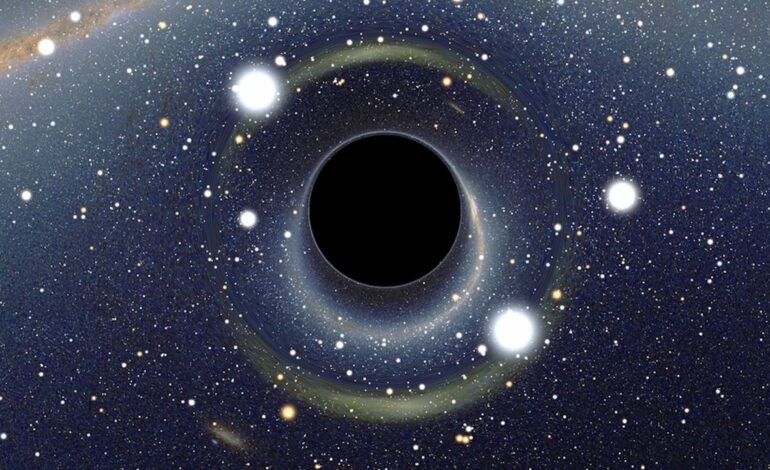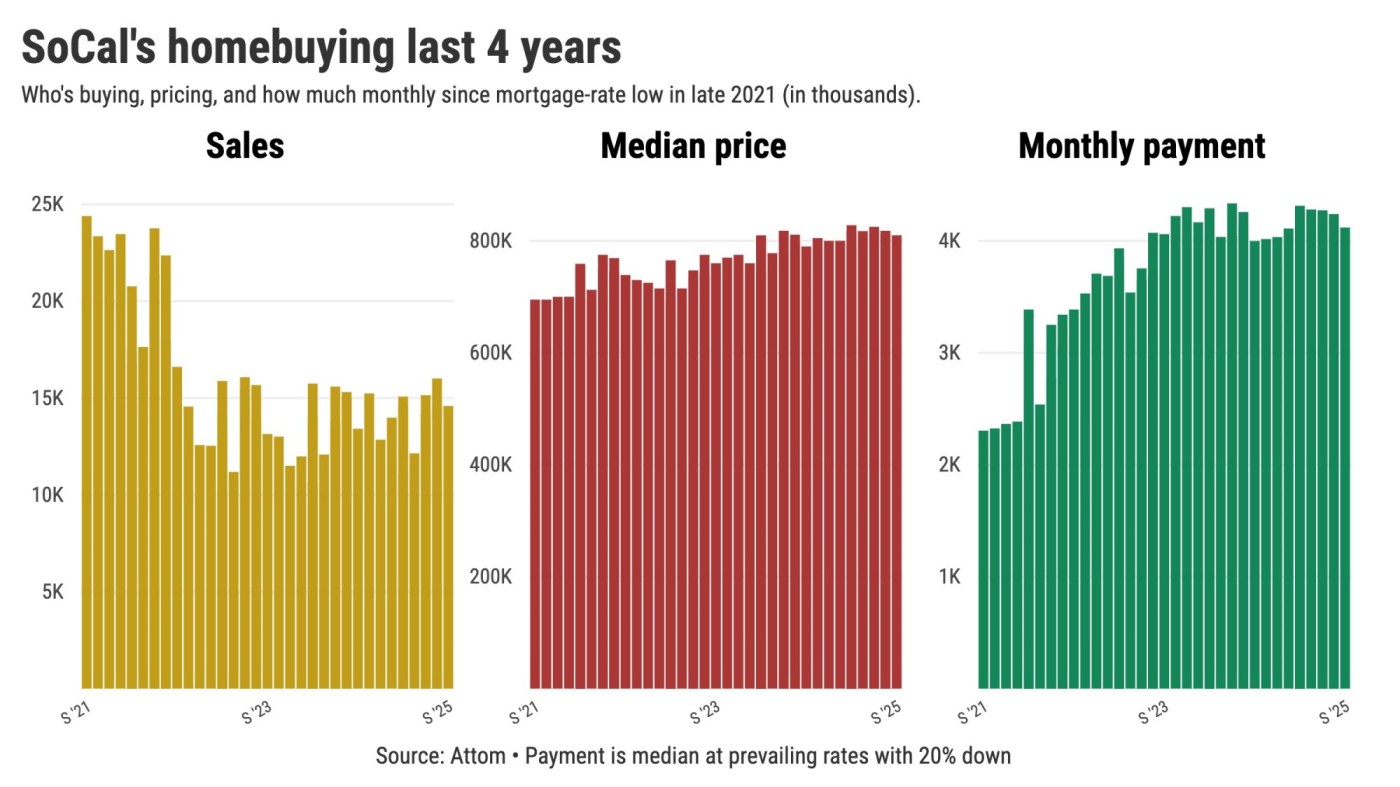Physicists Predict 90% Chance of Black Hole Explosion in 10 Years

Physicists have announced a surprising prediction: there is a 90% chance that a black hole will explode within the next decade. This finding, published in the journal Physical Review Letters, challenges previous assumptions about the frequency of such cosmic events. Traditionally, scientists believed black hole explosions occurred only once every 100,000 years, but new research suggests we may witness this phenomenon much sooner.
Black holes are formed when massive stars, typically weighing between 3 and 50 times the mass of the sun, collapse at the end of their life cycles. The resulting gravitational force creates a region from which nothing can escape, not even light. In contrast, primordial black holes (PBHs) are theoretical entities that may have originated shortly after the Big Bang, arising from dense regions of the early universe. Unlike their stellar counterparts, PBHs could be significantly lighter and represent ancient relics from a time when the universe was predominantly composed of hydrogen and helium.
Recent research led by a team at the University of Massachusetts indicates that the black holes most likely to explode are these primordial black holes. Aidan Symons, a graduate student and one of the researchers, stated, “We believe that our current fleet of space and ground-based telescopes are already capable of detecting such an explosion.”
The key to this new understanding lies in the process known as Hawking radiation, which posits that black holes emit particles as they lose mass over time. As PBHs evaporate, they become lighter and hotter, leading to increased radiation output until they eventually explode. The researchers re-evaluated long-held assumptions concerning the electrical properties of black holes, particularly focusing on the potential for PBHs to have a small electric charge influenced by hypothetical particles they refer to as “dark electrons.”
Dark electrons, theorized to be heavier than regular electrons, would interact through “dark electromagnetic forces,” a concept explored in models known as dark-QED. These particles would carry a dark electric charge and interact via dark photons, potentially affecting the behavior of matter surrounding the black holes.
The research team’s adjusted assumptions suggest that if a primordial black hole forms with a slight dark electric charge, it may experience a temporary stabilization before exploding. This stabilization could enhance the likelihood of observing such explosions, increasing the predicted frequency from once every 100,000 years to possibly once every 10 years.
An explosion of a black hole would not only be a dazzling display of light but would also provide scientists with an extraordinary opportunity to catalog every known subatomic particle. This would include particles such as electrons, quarks, and Higgs bosons, along with potential new discoveries, including previously undetected particles that could relate to dark matter.
While the researchers emphasize that they are not guaranteeing an explosion will occur this decade, the high probability indicates that scientists should be prepared. Current telescope technology is already capable of detecting the signs of Hawking radiation emitted by a primordial black hole in its final moments.
If these predictions hold true, we may finally gain insights into some of the universe’s most fundamental questions, including the origins of matter itself. The findings underscore the dynamic nature of astrophysical research and the ongoing quest to understand the cosmos.
As this field of study evolves, the implications of these discoveries could reshape our understanding of the universe and our place within it. The potential to witness such extraordinary events not only excites physicists but also captures the imagination of the public, emphasizing the importance of continued investment in astronomical research and technology.






